Kennel Cough in Dogs: Symptoms, Treatment, and Prevention
Dogs sometimes catch a disease called kennel cough, which is much like a cold in humans. It spreads easily, especially in places like kennels or dog parks where lots of dogs are together. Kennel cough is a common and contagious respiratory illness in dogs, caused mostly by bacteria and viruses.
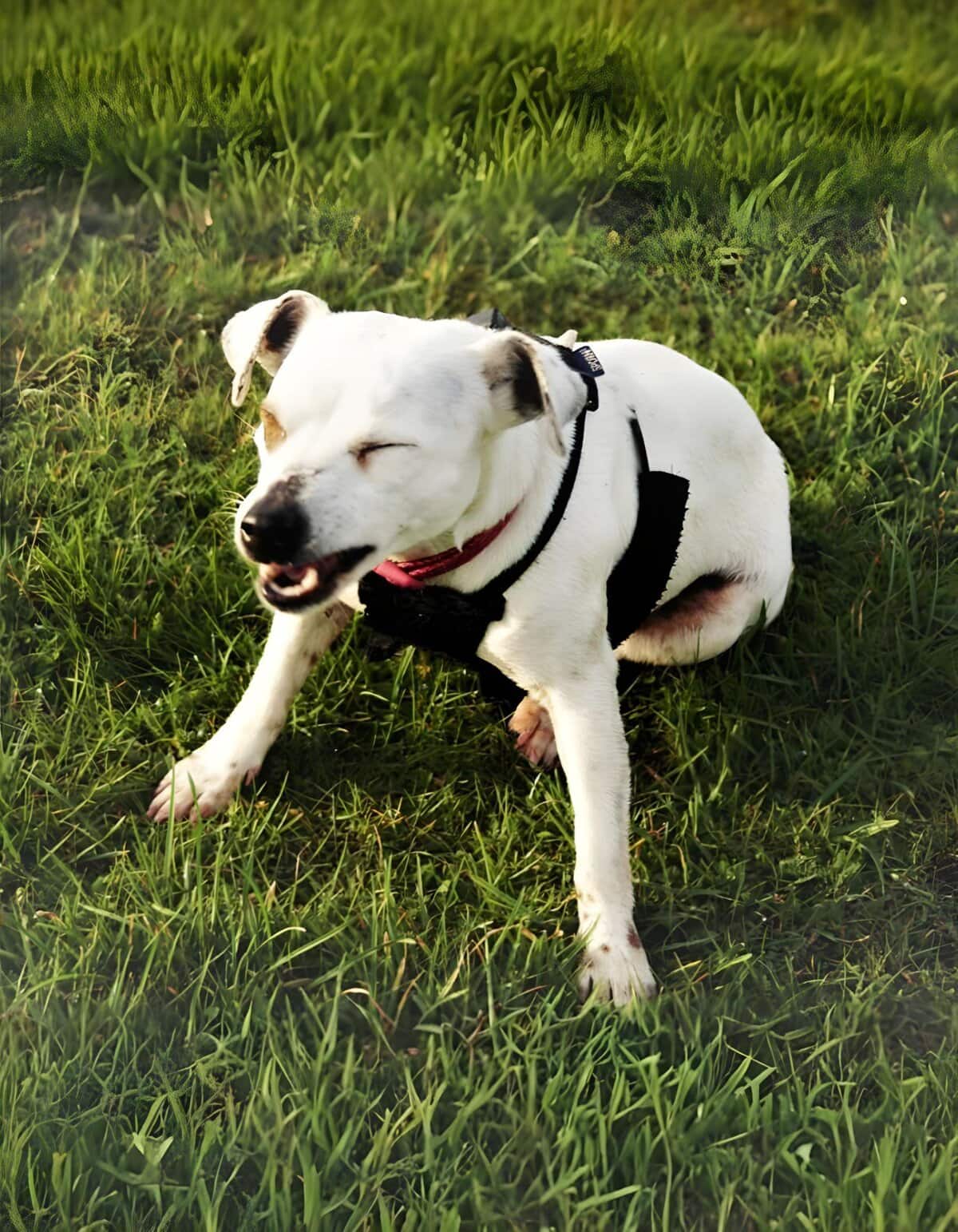
A dog with kennel cough will usually have a persistent, dry cough that sounds like a honk. This cough can be annoying for both the dog and the owner, but it’s important to know that most cases are mild and easy to treat. Sometimes, other symptoms like a runny nose or low energy might appear.
If a dog shows signs of kennel cough, a vet visit is a good idea to confirm the condition and discuss treatment options. Most dogs recover with rest and medication to ease cough symptoms and prevent infections. Knowing how it spreads can also help dog owners take steps to prevent it.
What Is Kennel Cough in Dogs?
Kennel cough, also known as canine infectious respiratory disease or infectious tracheobronchitis, spreads easily among dogs. It commonly affects dogs that visit groomers, boarding facilities, or dog parks. Symptoms typically appear two to 14 days after exposure.
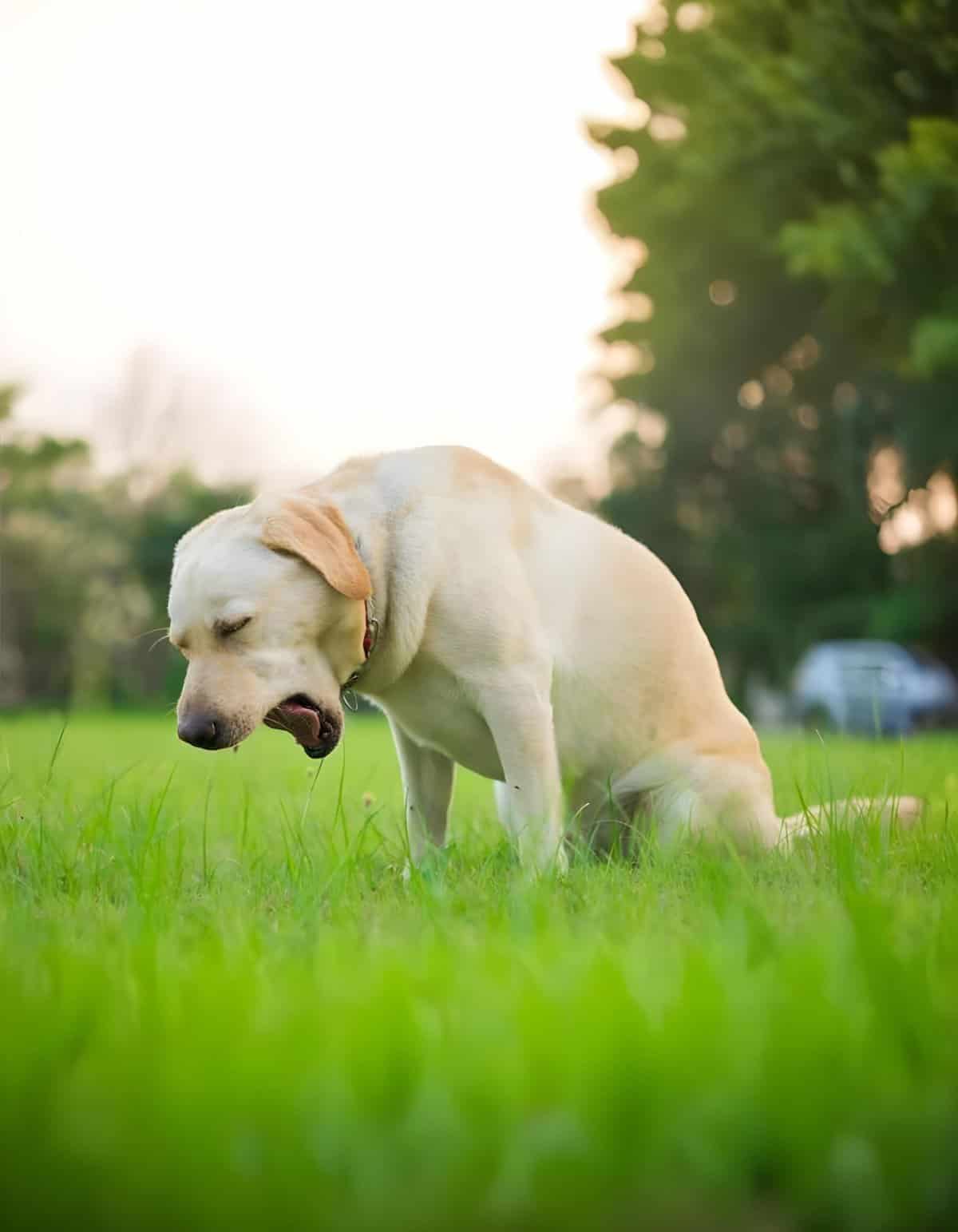
Dogs with kennel cough will often have a dry, hacking cough. It might sound like something is stuck in their throats. Some describe it as a honking noise, while others say it resembles a sharp, puffing cough.
Symptoms can range from mild to severe. In many cases, dogs may just have a persistent cough but will act normal otherwise. In other cases, kennel cough can develop into a life-threatening condition like pneumonia.
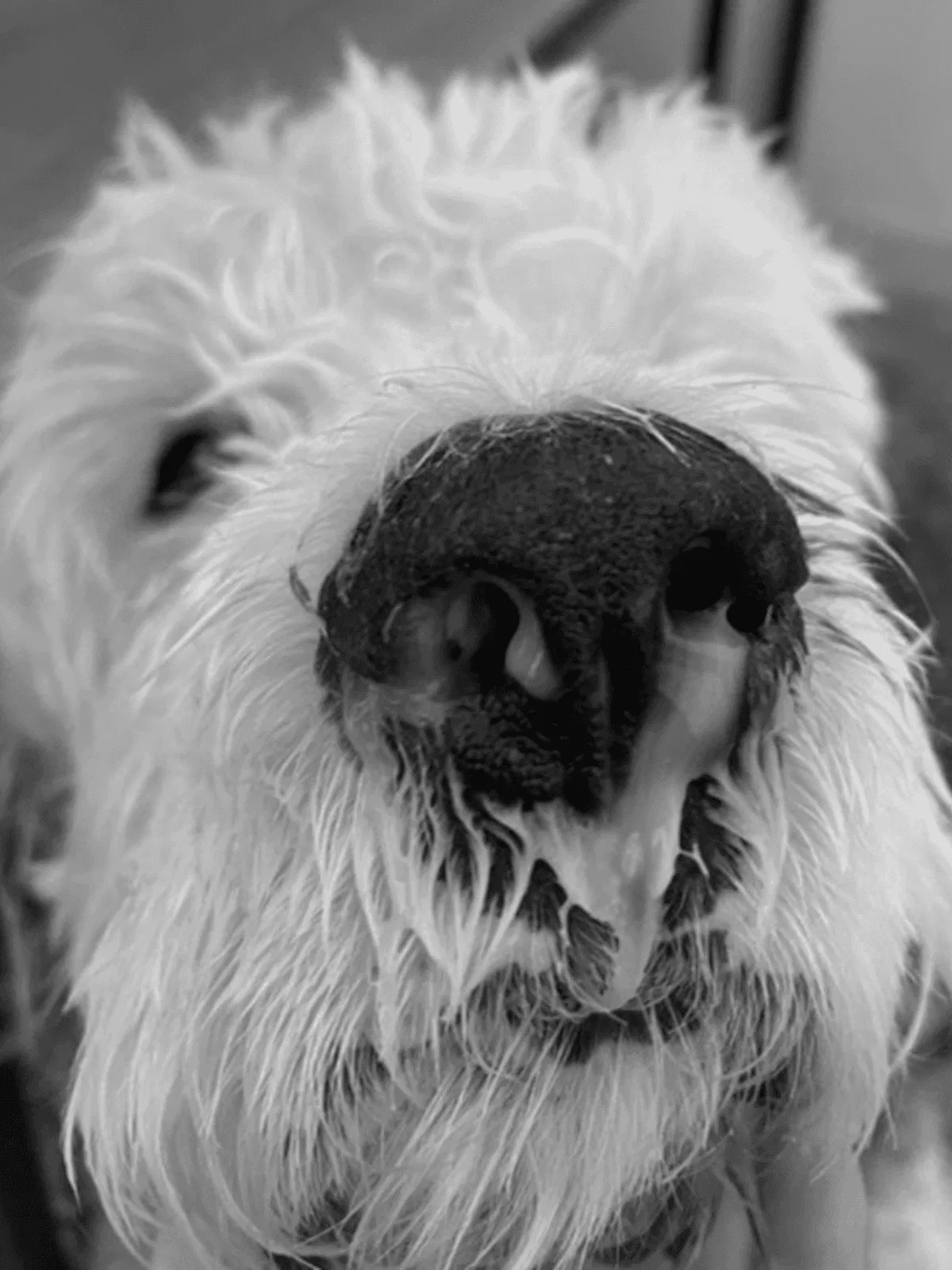
Signs of pneumonia in dogs include lethargy, loss of appetite, fever, and greenish-yellow nasal discharge. These symptoms indicate a serious condition that requires prompt veterinary attention.
Most cases of kennel cough improve with care at home. However, if a dog shows signs of pneumonia, they need to see a vet right away.
If your dog is experiencing these severe symptoms, it’s crucial to consult a veterinarian immediately.
Kennel Cough Symptoms in Dogs
Kennel cough presents itself with a dry, hacking cough that persists over time. This can keep both the dog and its owner awake at night. Dogs may also show signs of retching, often bringing up white foam.

Other symptoms include:
- Clear eye discharge
- Runny nose and sneezing
- Sensitivity in the trachea, causing the dog to cough when pressure is applied
Though some cases resolve on their own, puppies and older dogs are at risk of more severe symptoms. These symptoms can occur due to various combinations of viruses and bacteria, making it crucial to monitor the dog’s health.

Severe symptoms include:
- Lethargy
- Decreased appetite
- Fever
- Trouble breathing
Dogs showing these intense symptoms should see a vet immediately. If breathing becomes difficult or the dog’s condition worsens, immediate veterinary attention is necessary.
Enjoying this read?
We publish this content for free to generate interest in our Premium members' area. By subscribing, you can ask the writer any questions related to pet care and this article, get access to 100+ Premium Pet Care Guides and go Ad-Free with DogFix Premium for $2.99.
Causes of Kennel Cough in Dogs
Kennel cough in dogs is triggered by a variety of bacteria and viruses, such as Bordetella bronchiseptica, canine adenovirus, and parainfluenza virus. Other causes include Mycoplasma, canine influenza virus, canine distemper virus, canine respiratory coronavirus, and canine reovirus.
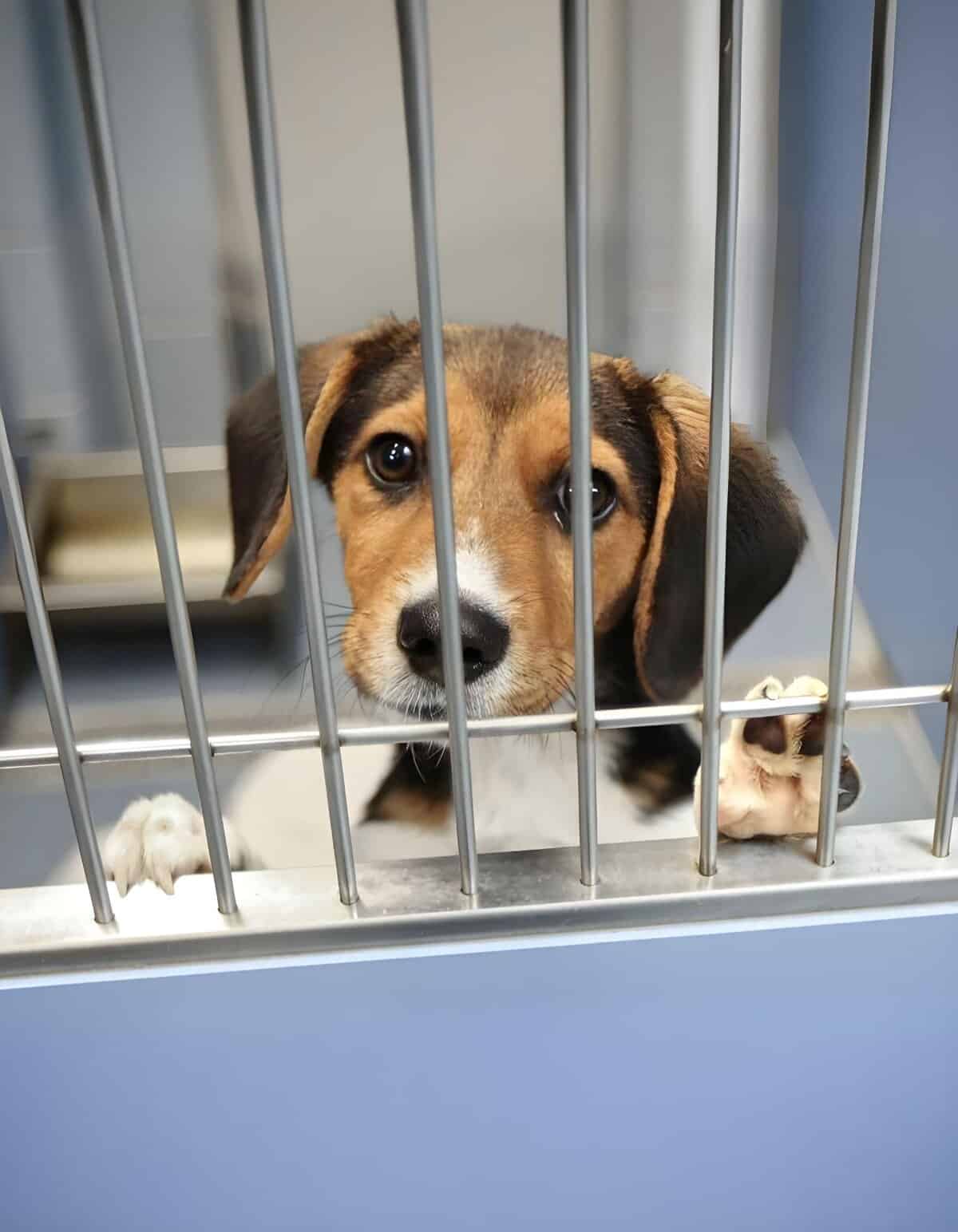
Healthy dogs usually get kennel cough when they breathe in droplets from infected dogs’ coughs or sneezes. Dogs can also catch it from infected items like toys, food bowls, or water bowls.
It’s common for dogs to be exposed to kennel cough in crowded places, like:
- Animal shelters
- Boarding kennels
- Dog daycare facilities
- Grooming facilities
- Dog parks
Bacterial Infection
Bordetella bronchiseptica is the most common bacterial cause of kennel cough. This bacterium is robust and can survive in various environments for several weeks. Bordetella bronchiseptica weakens a dog’s immune system, making it easier for viruses to take hold. In mild cases, dogs may show only slight coughing. In severe cases, the cough can be more intense and persistent.

Dogs can contract this bacterium through direct contact with infected dogs. Sharing food and water bowls or contact with contaminated surfaces can also spread the infection. Vaccinations can help, but they are not always 100% effective.
Viral Infection
Several viruses can cause kennel cough. Canine parainfluenza virus and canine adenovirus are the most common. These viruses damage the respiratory tract lining, making it easier for bacteria to infect. Symptoms typically include coughing, sneezing, and a runny nose.

These viruses spread through airborne droplets when an infected dog coughs or sneezes. Dogs in kennels, shelters, and dog parks are at higher risk due to close contact with other dogs. Keeping a dog’s vaccinations up to date can reduce the risk, but it does not eliminate it entirely.
Environmental Factors
Poor ventilation, high humidity, and crowded conditions can increase the likelihood of kennel cough. Stress from being in a new or noisy environment can weaken a dog’s immune system. Dogs in kennels or shelters are at higher risk due to these conditions.

Regular cleaning and disinfection of kennels can help reduce the spread of kennel cough. Ensuring good ventilation and reducing stress for the dogs can also make a difference. Owners should be aware of these factors when placing their dogs in boarding facilities.
Recognizing Symptoms of Kennel Cough
Recognizing kennel cough in dogs is crucial for early treatment. Key symptoms include a persistent cough, reduced energy levels, fever, and loss of appetite.
Coughing and Gagging
Dogs with kennel cough often have a persistent, dry cough. It may sound like honking. The cough can also lead to gagging or retching. This is especially noticeable after exercise or excitement.
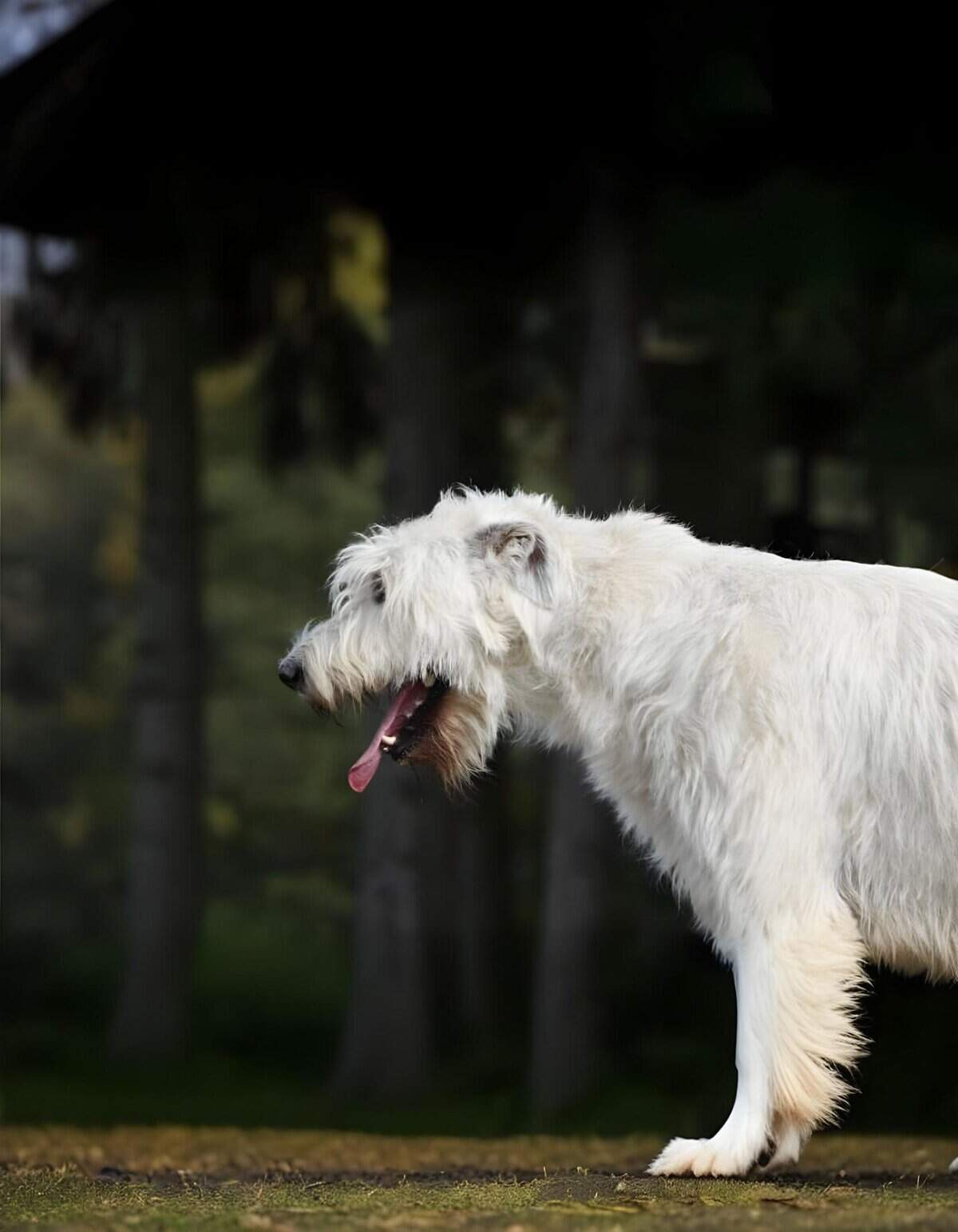
Sometimes, the cough may produce a small amount of phlegm. The gagging may be mistaken for choking, but it is a symptom of kennel cough. Monitoring the frequency and severity of the cough can help determine if veterinary care is needed.
Lethargy and Fever
Lethargy is another sign. A dog affected by kennel cough may sleep more than usual, show less interest in activities, and seem weary. Fever can also accompany these symptoms.

Checking the dog’s temperature can confirm a fever. Normal canine body temperature ranges from 101 to 102.5 degrees Fahrenheit. Any reading above this range could indicate a fever, a common symptom of kennel cough.
Appetite Loss
Kennel cough can cause a dog to lose its appetite. This can result in noticeable weight loss if the dog does not eat enough over several days. Pay attention if the dog stops being excited about meals or treats.
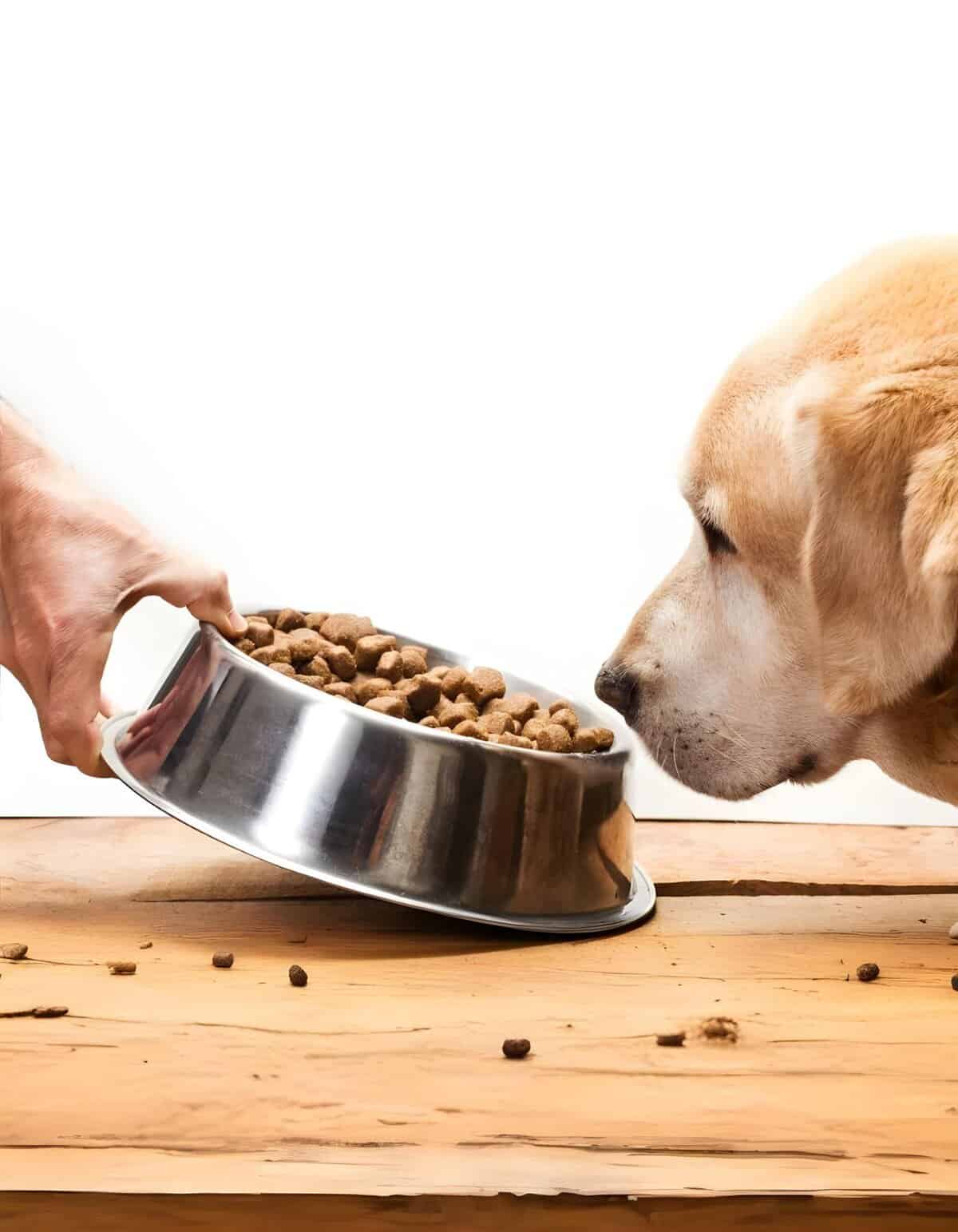
In severe cases, the dog might refuse food and water entirely. Hydration and nutrition are vital, so a lack of appetite should be addressed quickly. Any prolonged eating issues should warrant a visit to the vet.
How Veterinarians Diagnose Kennel Cough in Dogs
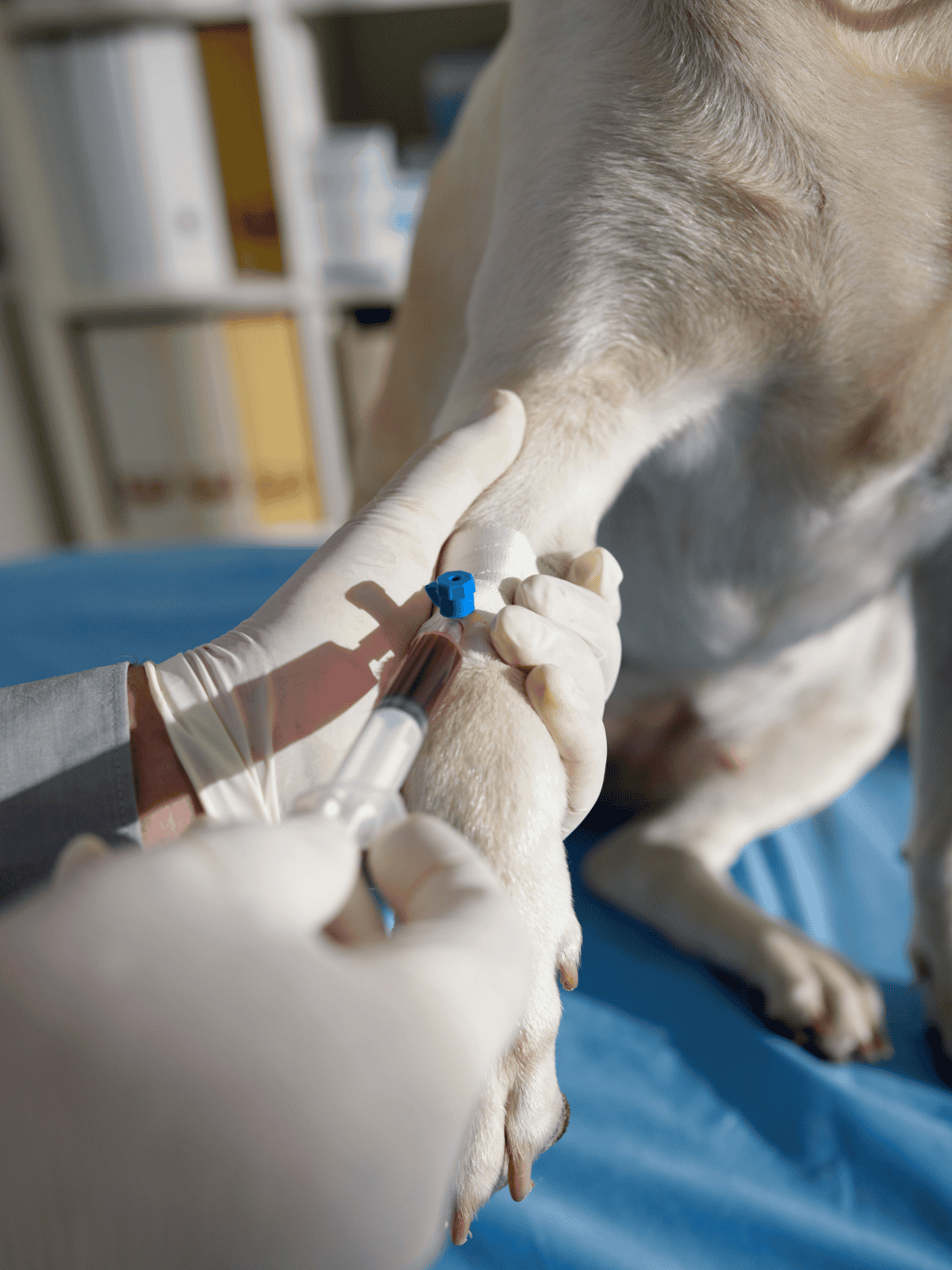
To identify kennel cough in dogs, veterinarians look at symptoms, history, and how the dog responds to treatment. Identifying the exact bacteria or virus usually isn’t necessary. Diagnostic tests are suggested for certain cases:
- Suspected pneumonia
- Lack of response to supportive care
- Signs of serious illness
- Outbreaks among multiple dogs
Common diagnostic methods:
- Blood tests
- Chest X-rays
- PCR tests (checks for genetic material of a virus or bacteria)
Treatment of Kennel Cough in Dogs
The treatment for kennel cough depends on the dog’s condition and how severe it is.
For mild cases, care often involves ensuring rest, proper nutrition, and keeping the dog hydrated. Coughing can dry out the dog’s airways, so keeping them in a steamy bathroom during your shower can help. Adding a humidifier in their sleeping area may also be useful.

A veterinarian might prescribe a cough suppressant to lower the frequency of the cough. Usually, it takes about one to two weeks for dogs to recover from a mild case. Some dogs may recover without any treatment.
In severe cases, the dog may be very sick, showing symptoms like persistent coughing, lethargy, and lack of appetite. If pneumonia develops, the treatment could involve hospitalisation, intravenous fluids, antibiotics, and possibly oxygen therapy.
Medications
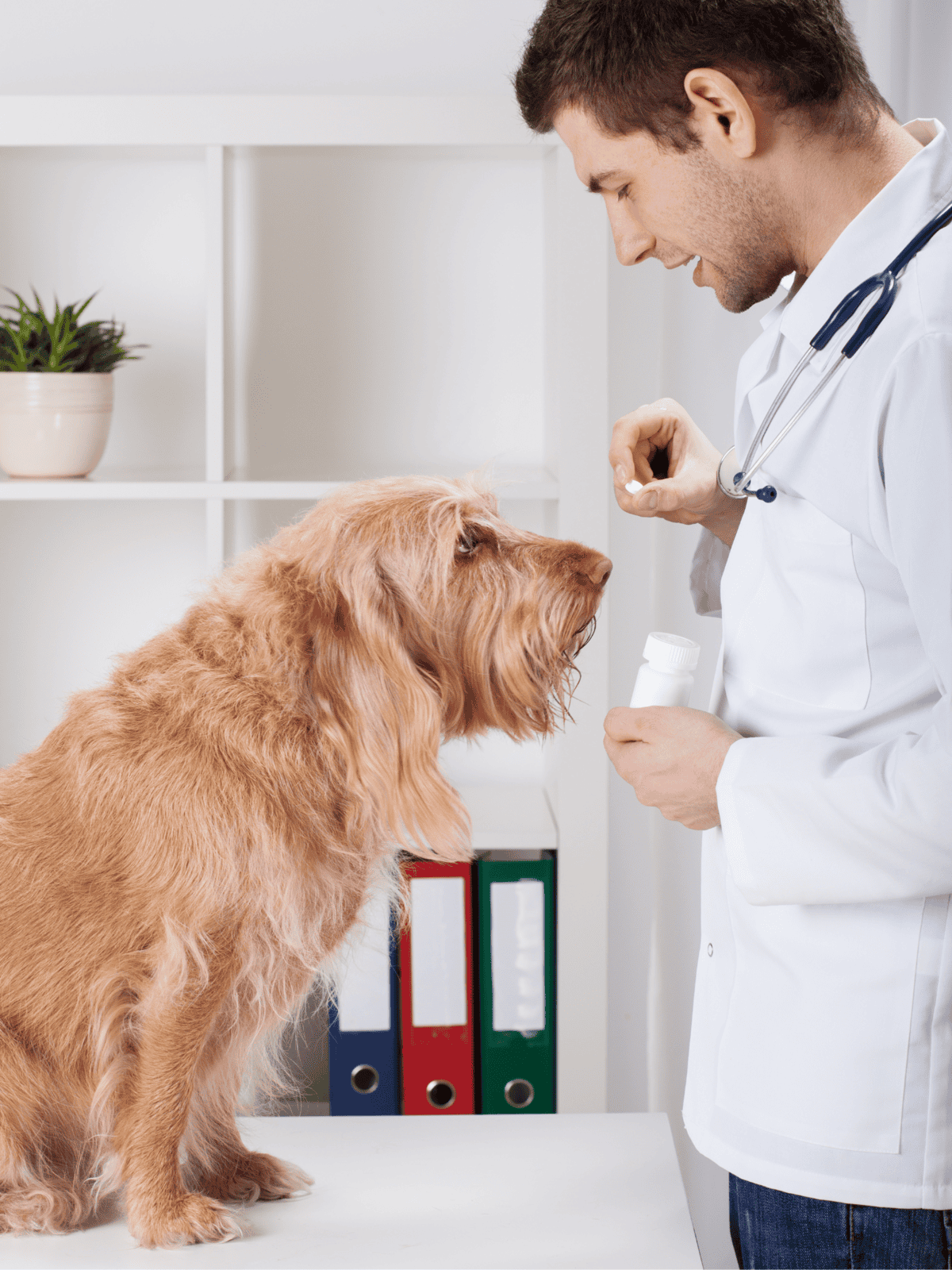
Veterinarians may prescribe antibiotics to treat bacterial infections associated with kennel cough. Cough suppressants can be given to ease persistent coughing, improving the dog’s comfort.
Anti-inflammatory drugs help reduce throat irritation and swelling. In some cases, bronchodilators are used to open the airways, making breathing easier.
Always follow the vet’s dosage and administration instructions strictly to avoid potential side effects.
Home Care
Mild cases of kennel cough often require rest and hydration. Ensure the dog has plenty of water to stay hydrated and relieve throat irritation. Humidifiers or steamy bathrooms can help soothe the dog’s airways. Soft, easy-to-eat foods can minimise throat discomfort. Isolation from other pets is crucial to prevent the spread of the illness.
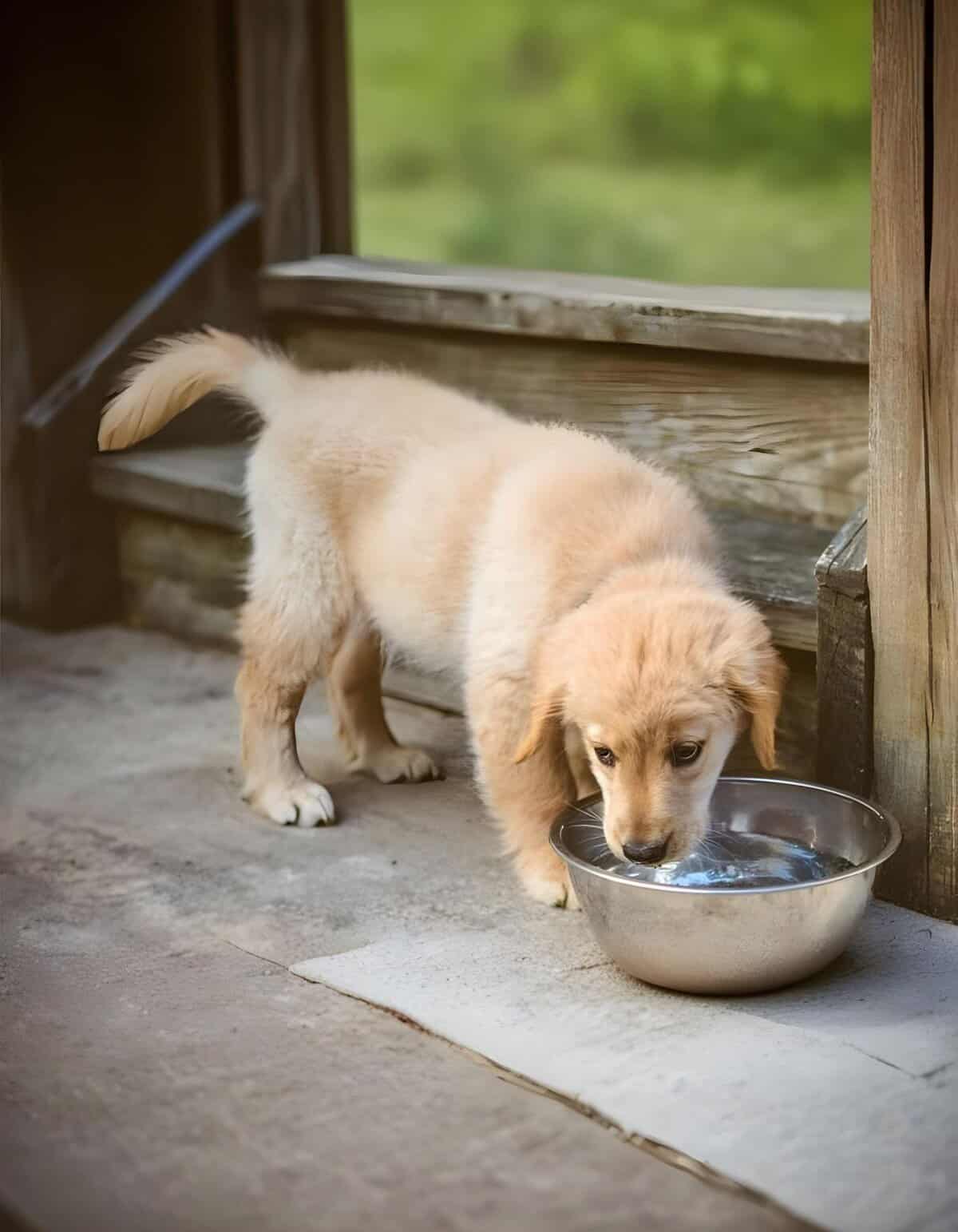
Monitoring the dog for any signs of worsening symptoms is essential while providing home care.
Hospitalisation in Severe Cases
Severe cases may necessitate hospitalisation. This can include oxygen therapy for dogs struggling to breathe. Intravenous (IV) fluids may be administered if the dog is dehydrated or unable to drink water. Nebulization treatments involve inhaling medications to directly treat airway inflammation.
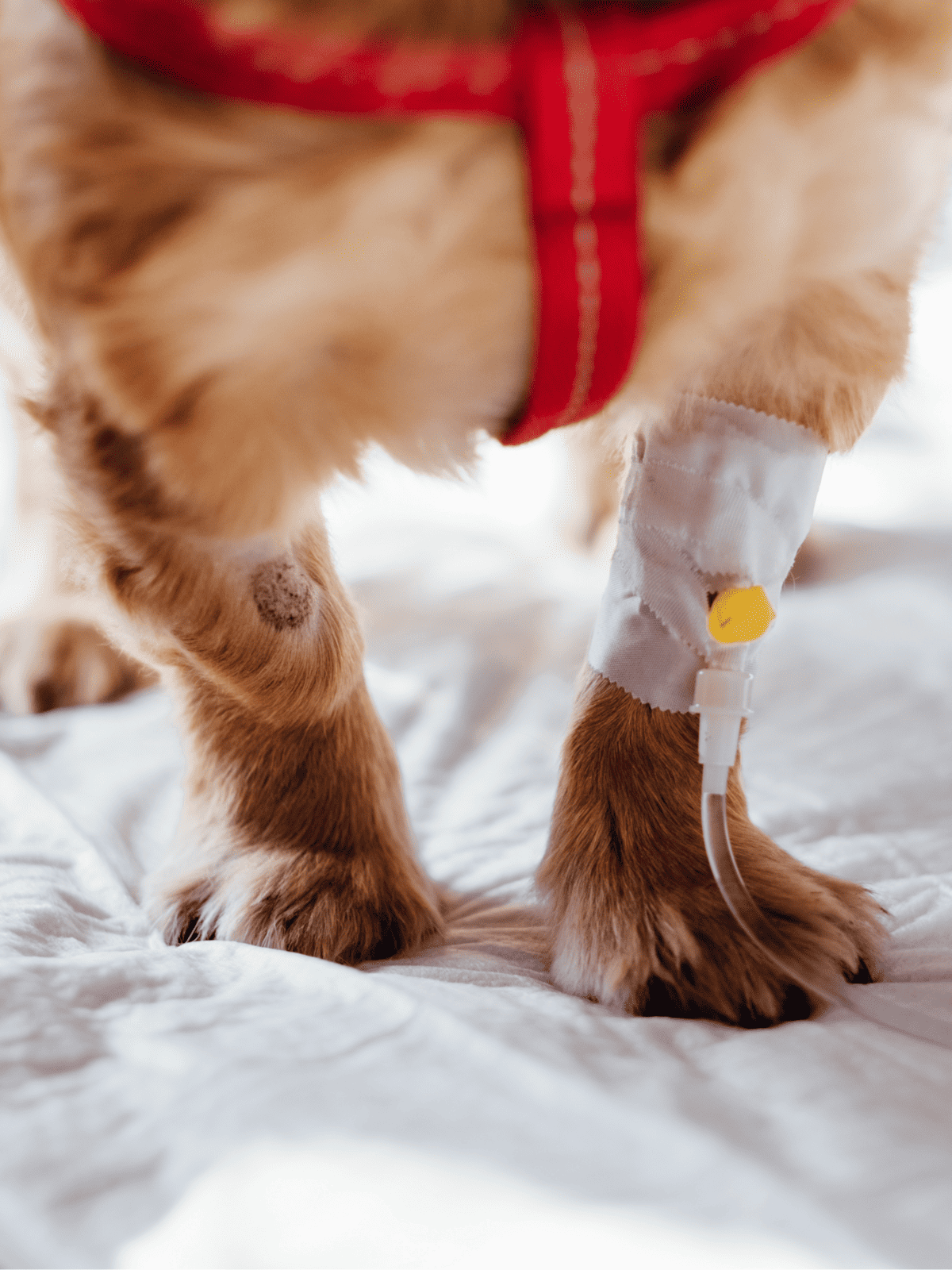
Continuous veterinary monitoring ensures that the dog receives the best possible care until they are stable enough to return home.
Recovery and Management of Kennel Cough in Dogs
During recovery from kennel cough, keep dogs away from irritants like household cleaners, cigarette smoke, and dust. These can worsen their condition.
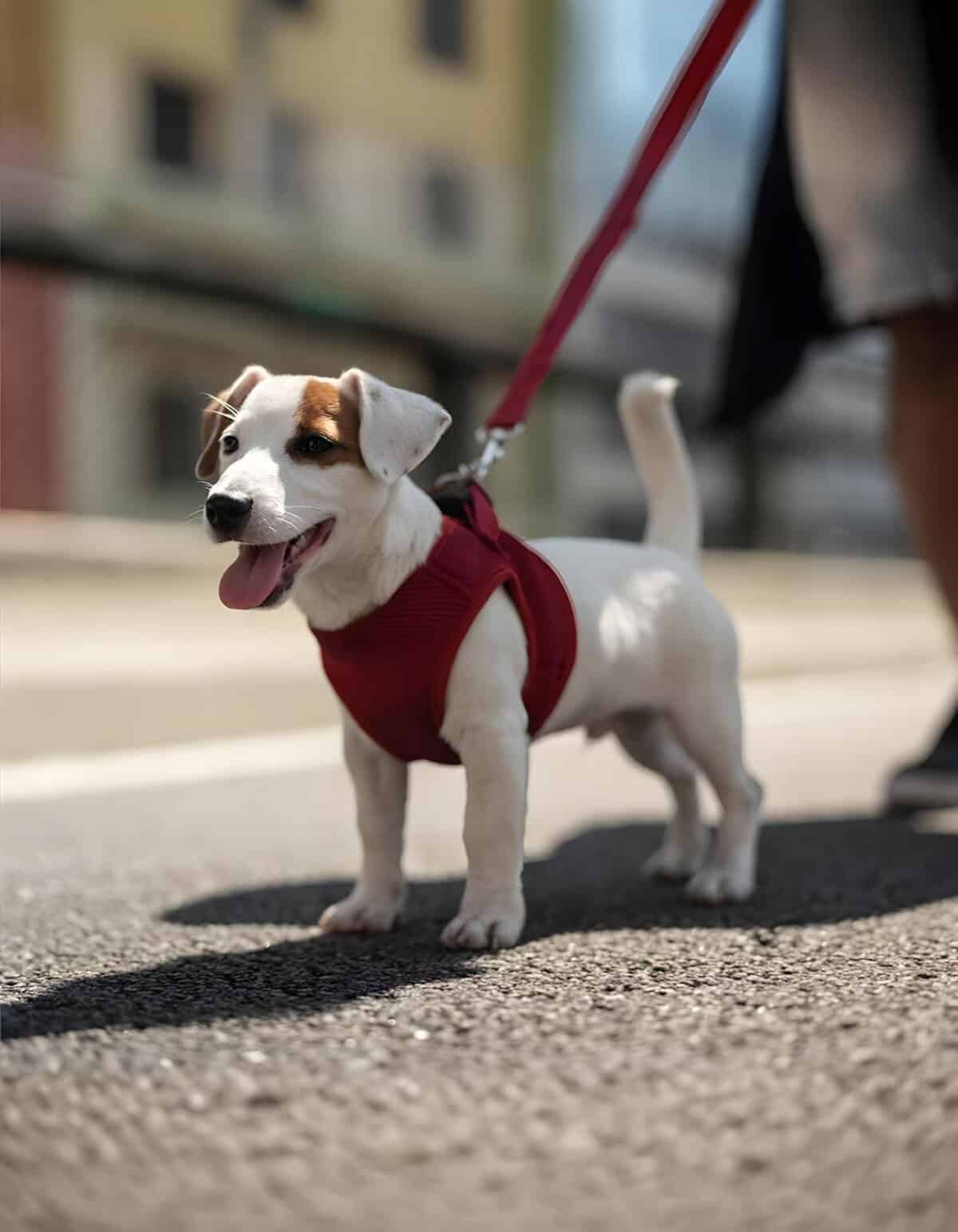
Switch from collars to harnesses when walking dogs with kennel cough. Collars can stress their trachea, which can lead to more coughing.
Maintain a clean and smoke-free environment to support their healing process. Following these steps helps ensure a smoother recovery.
Preventing Kennel Cough in Dogs
Vaccination Against Kennel Cough
Vaccinating dogs against kennel cough, particularly Bordetella bronchiseptica, is a common preventive measure. This vaccine is generally recommended by veterinarians.
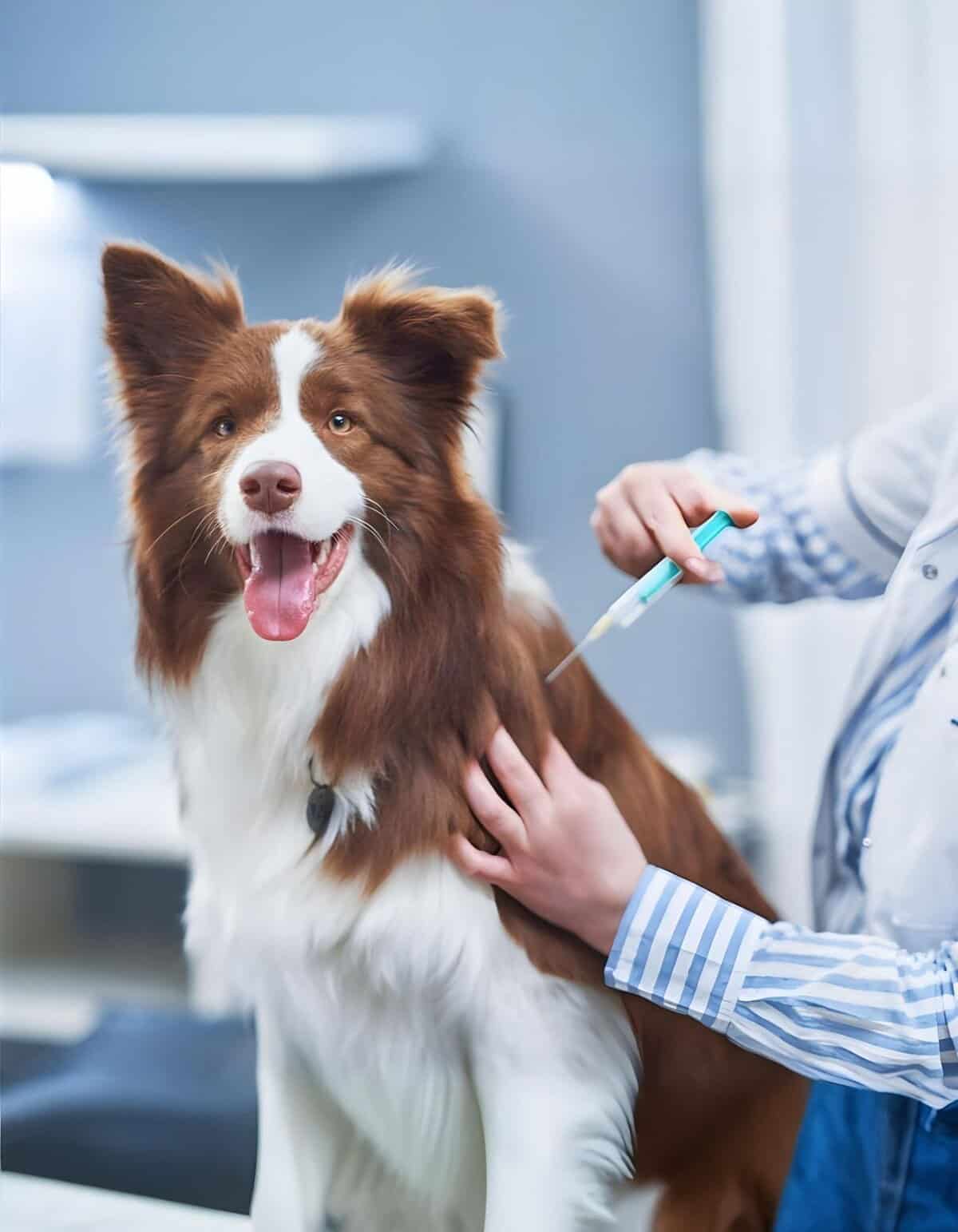
Even though the kennel cough vaccine doesn’t eliminate the risk entirely, it significantly reduces the severity of symptoms. Dogs that are vaccinated usually experience milder symptoms compared to those that are not. The vaccine thus helps decrease the likelihood of dogs contracting the disease.
Certain breeds, such as English Bulldogs, Pugs, Pekingese, and French Bulldogs, are more prone to respiratory issues due to their unique facial structure. These dogs are especially encouraged to receive the kennel cough vaccine to help them cope better with respiratory illnesses.

The kennel cough vaccine is available in several forms, with the oral liquid version being popular due to its safety and ease of administration. This form avoids the need for injections, which can be a relief for both the dog and the owner.
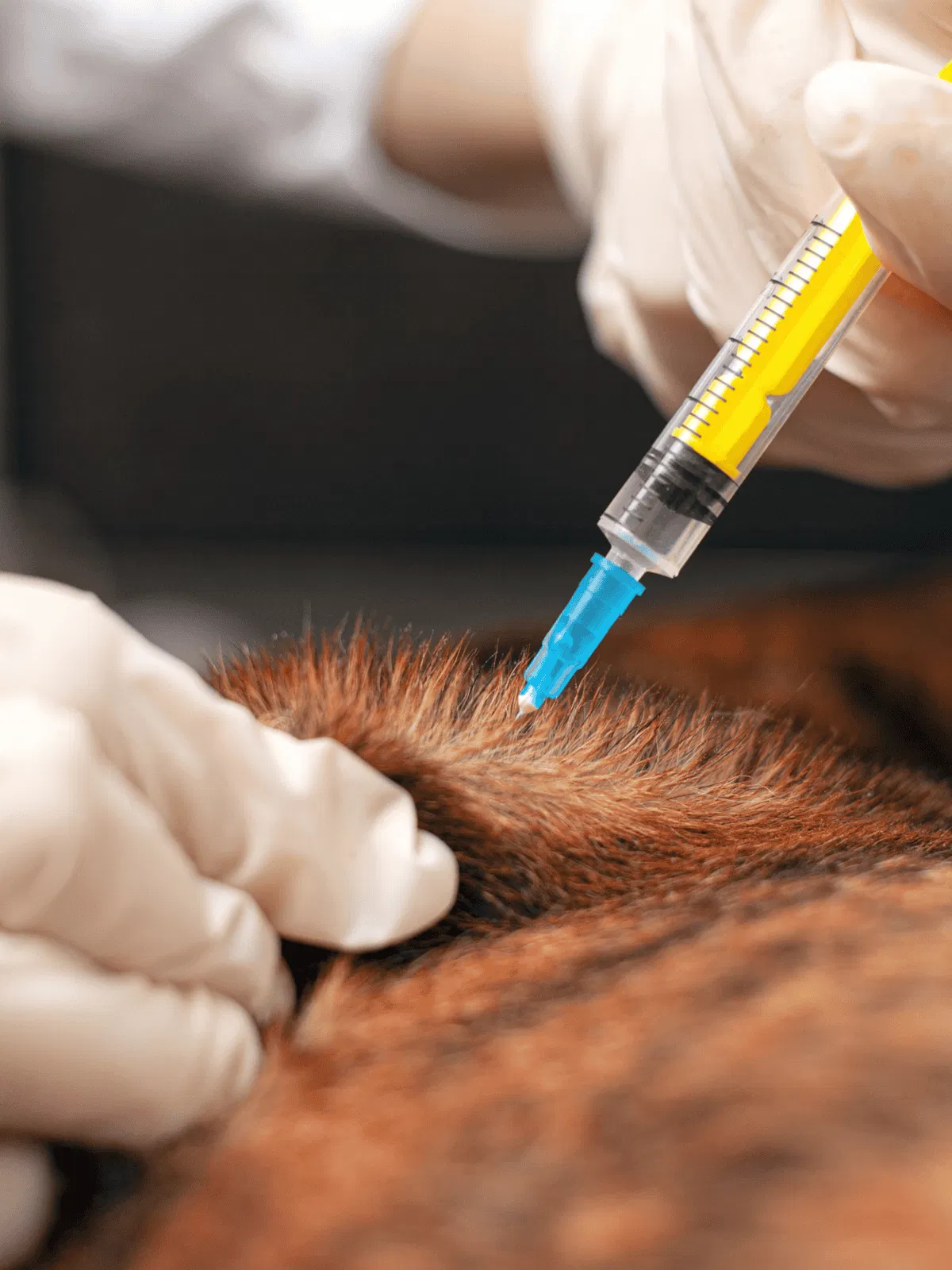
Pet owners often inquire about vaccination requirements when choosing grooming or daycare facilities. Ensuring that all dogs in these environments are vaccinated can help prevent the spread of kennel cough. Even with vaccination, some dogs may still catch kennel cough, but they are far better protected and less likely to suffer severe symptoms.
Maintaining these preventive practices creates a safer environment for dogs, minimising the spread and impact of kennel cough among our furry friends.
Home Management and Care
Proper care at home is crucial for helping a dog recover from kennel cough. Key areas to focus on include isolating the sick dog, providing good nutrition, and ensuring comfort.
Isolation Practices
It’s important to separate the sick dog from other pets. Kennel cough is highly contagious. Keep the infected dog in a different room or section of the house. Ensure they have their own food and water bowls, toys, and bedding.
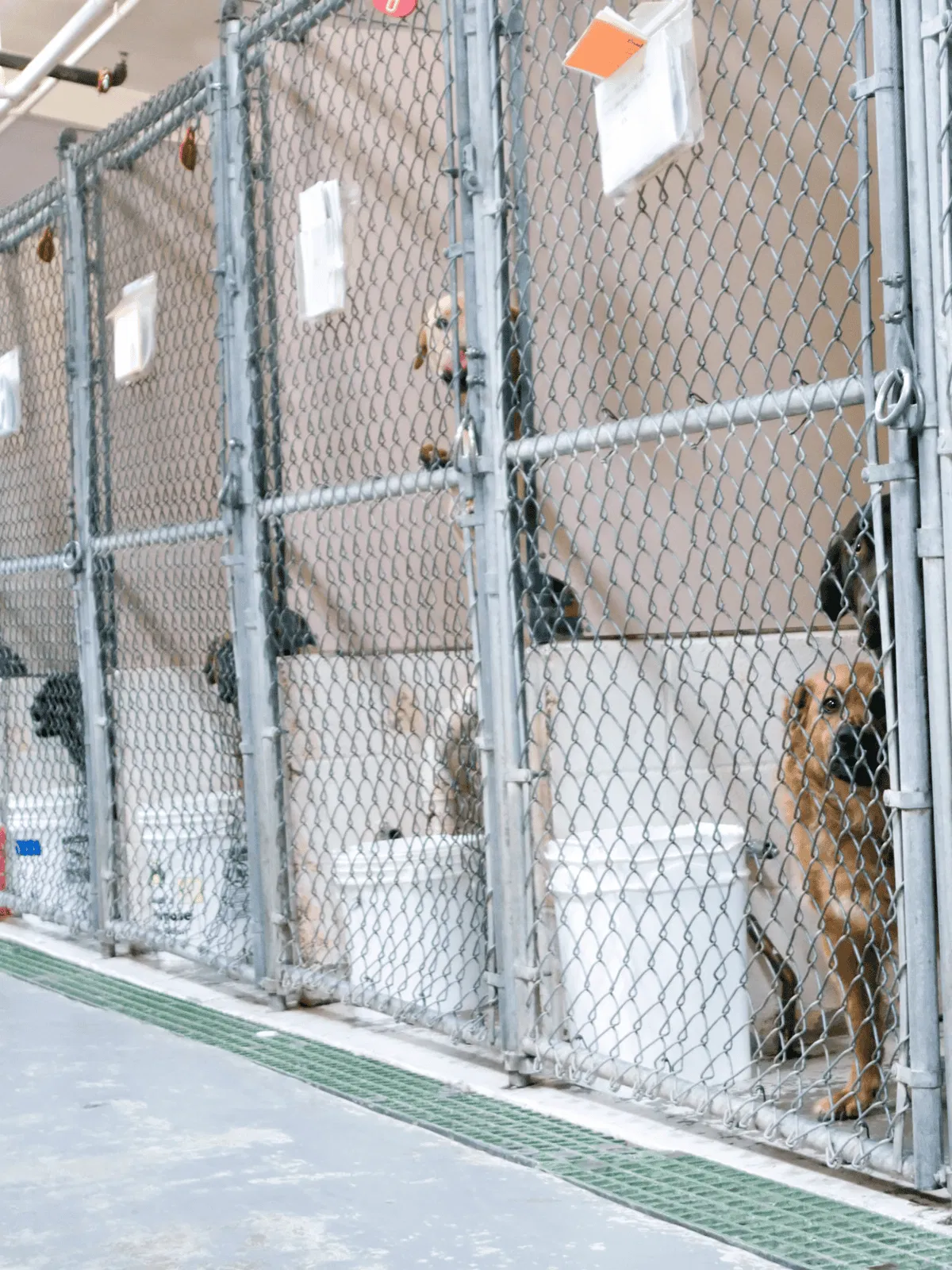
Disinfect shared areas frequently to prevent the spread of the illness. Handwashing is essential after handling the infected dog. Minimise contact with healthy pets until the dog recovers fully. This helps reduce the risk of spreading the illness to others.
Nutrition and Hydration
Maintaining good nutrition and hydration is vital for recovery. Offer high-quality dog food and make sure fresh water is always available. Warm, soft foods can be easier for a dog with a sore throat to eat. Consider adding some low-sodium chicken broth to entice them to drink.
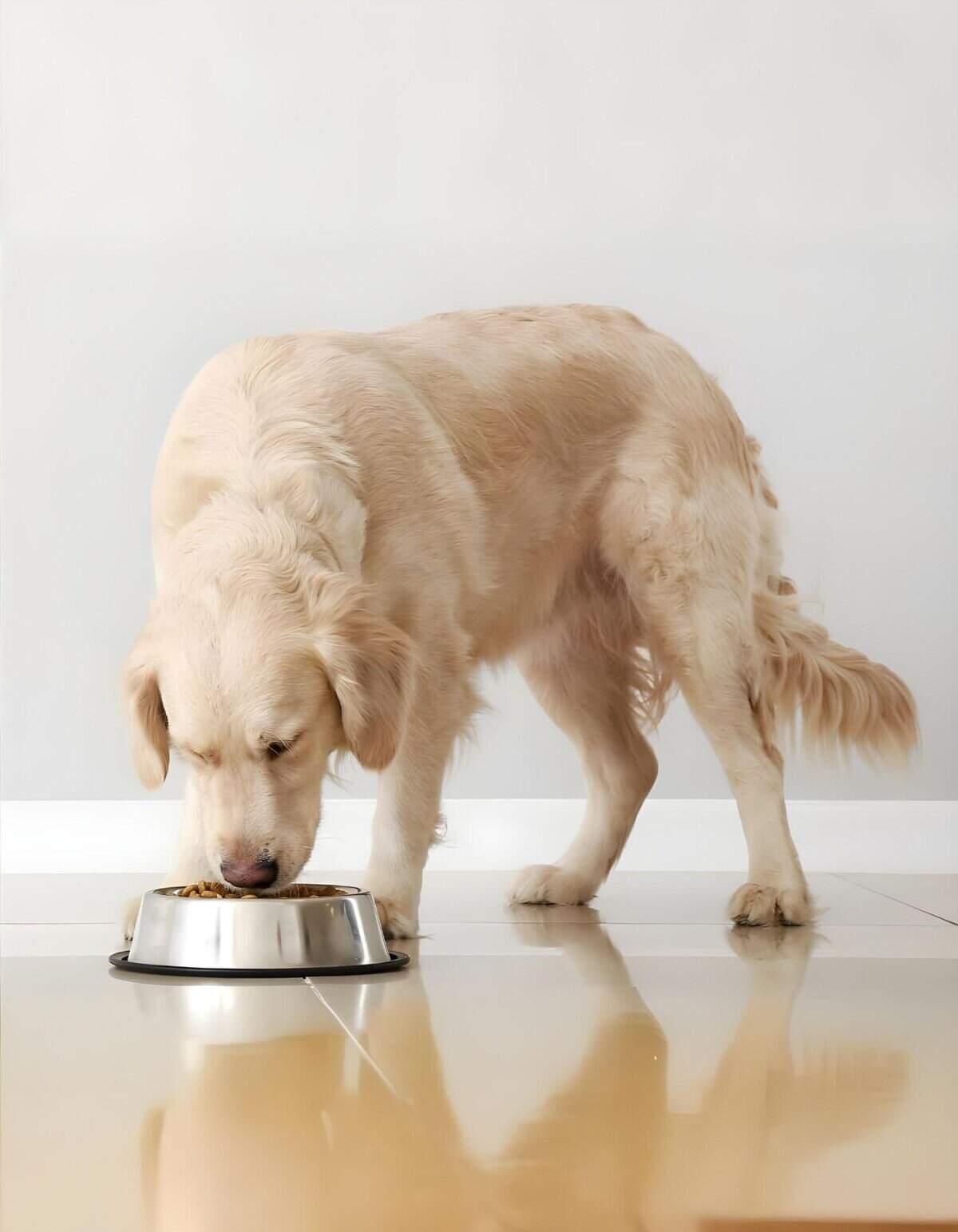
If the dog isn’t eating well, consult with a vet about adding supplements or special diets. Hydration is crucial; encourage small, frequent sips of water. Monitor the dog’s food and water intake to ensure they are getting enough nutrients.
Monitoring and Comfort
Monitor the dog’s symptoms closely. Keeping an eye on their coughing, breathing, and energy levels is essential. Note any changes and communicate them to the vet. If the cough worsens or new symptoms appear, seek medical advice promptly.

Comfort is also key. Provide a quiet, warm space for the dog to rest. Avoid smoke, dust, and strong smells, as these can aggravate the cough. Soft bedding and gentle care help the dog feel more comfortable during recovery.
Long-Term Health Considerations
Kennel cough might lead to lasting issues in some dogs. It’s important to understand these issues and how they affect a dog’s health.
Immunity After Infection
Once a dog recovers from kennel cough, it usually develops some level of immunity to the particular strain it was infected with. This immunity, though, may not last forever. The dog can still be at risk for other strains in the future. Pet owners should talk to their vet about vaccination options to protect their dog from future infections.
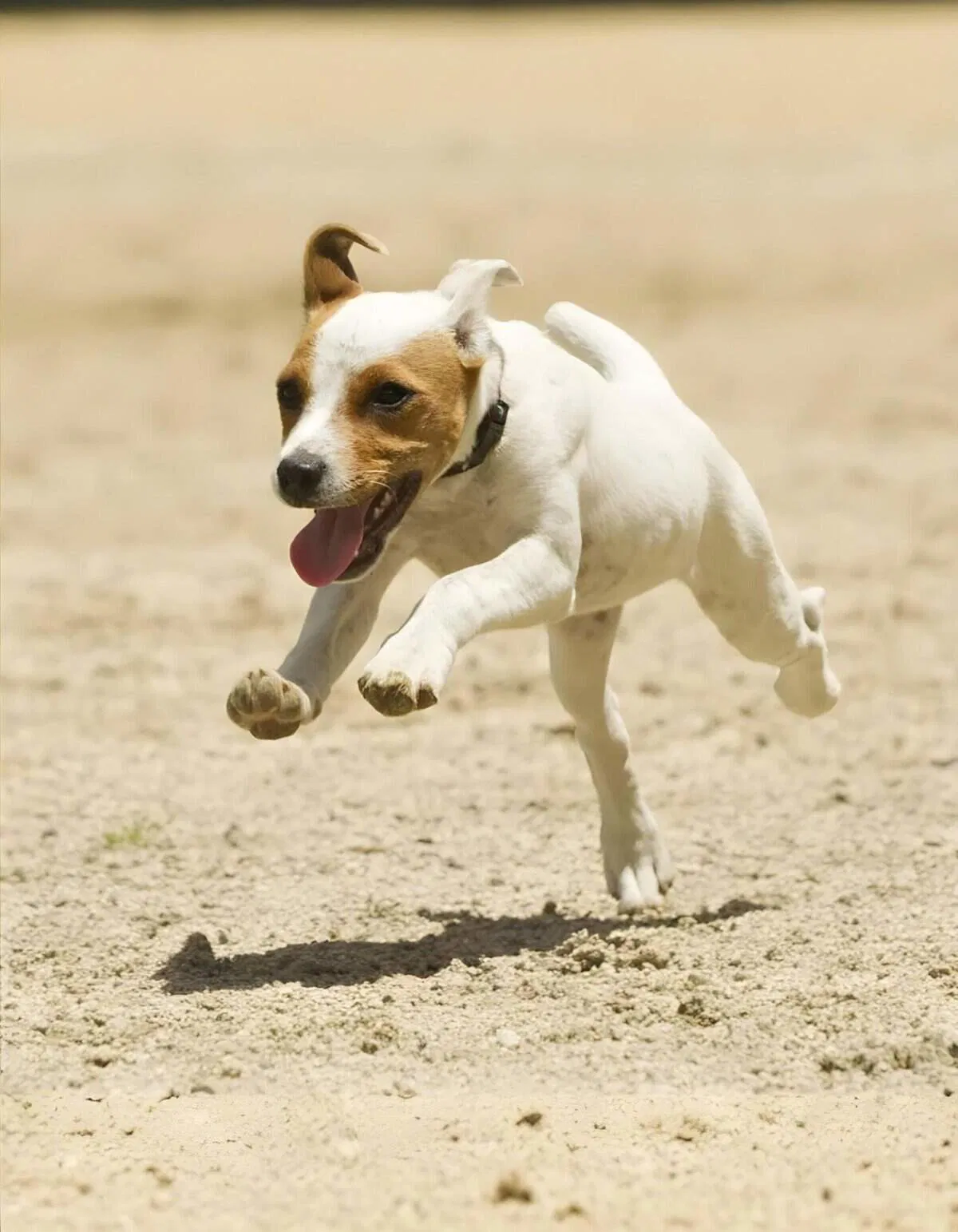
Vaccines can help, but they aren’t foolproof. They might not cover all strains. Regular check-ups are key to keeping track of the dog’s health and catching any new infections early. A healthy immune system, supported by good nutrition and exercise, also plays an important role.
Potential Complications
In some cases, kennel cough can lead to more serious health issues. Dogs with weak immune systems or other medical conditions are at higher risk. Pneumonia is one possible complication. Symptoms like high fever, heavy breathing, and loss of appetite should be checked by a vet immediately.

Chronic bronchitis is another concern. Symptoms include a long-lasting cough. This might require ongoing treatment, such as medication or lifestyle changes. Severe cases can make simple activities, like exercise, difficult for the dog. Keeping an eye on the dog’s health and seeking prompt veterinary care are crucial in reducing the risk of these complications.
Understanding the Impact on Different Breeds
Different dog breeds can be affected by kennel cough in various ways. Some breeds are more susceptible due to their physical traits or genetic factors.
Small Breeds

Small breeds like Chihuahuas and Pomeranians often have delicate respiratory systems. They might experience more severe symptoms such as excessive coughing and difficulty breathing.
Large Breeds

Large breeds such as Great Danes and Saint Bernards usually have stronger immune systems. They tend to recover faster, but symptoms can still be serious.
Flatter-Faced Breeds

Breeds with short snouts, like Bulldogs and Pugs, are prone to more severe respiratory issues. This makes them particularly vulnerable to complications from kennel cough.
Active Breeds
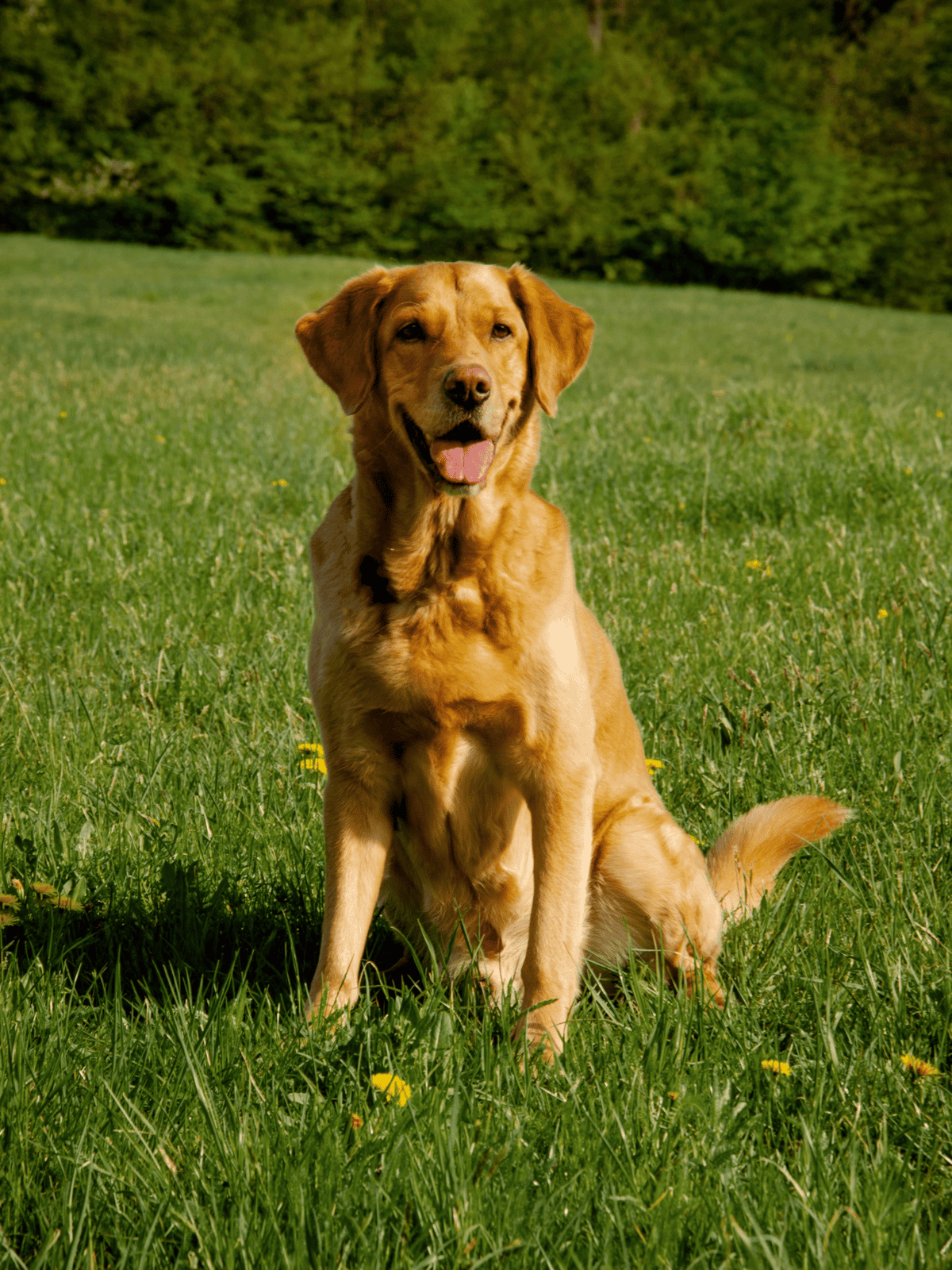
Dogs that are very active and social, such as Border Collies and Labrador Retrievers, might spread kennel cough more easily. Their exposure to other dogs in parks or training sessions increases their risk.
Older Dogs
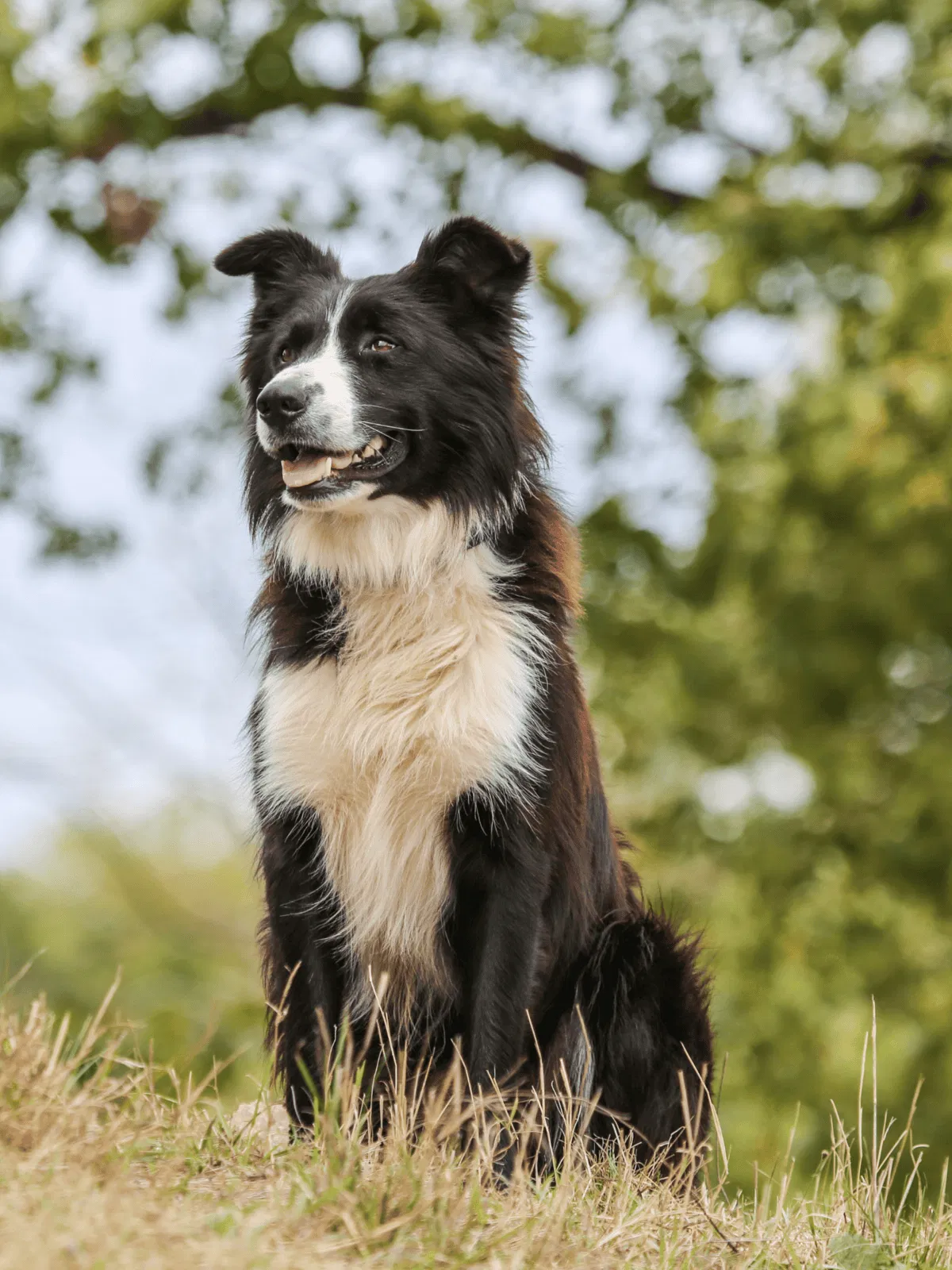
Senior dogs of any breed may have weakened immune systems. They are often more at risk for severe symptoms and a prolonged recovery period.
Here’s a quick summary of how kennel cough impacts different dog breeds, highlighting their susceptibility.
| Breed Group | Examples | Susceptibility Level |
| Toy Breeds | Chihuahuas, Pomeranians | High |
| Working Breeds | Great Danes, Saint Bernards | Moderate |
| Terrier Breeds | Jack Russell Terriers, Bull Terriers | Moderate |
| Hound Breeds | Beagles, Greyhounds | Low to Moderate |
Proper care and early treatment can significantly reduce the impact of kennel cough across all breeds.
Guidelines for Breeders and Kennel Operators
Maintaining good hygiene and proper ventilation can prevent the spread of kennel cough. Crowd control is also essential for minimising the risk of infection.
Hygiene Protocols
Keeping the environment clean is crucial. Disinfect surfaces daily, including cages, food bowls, and bedding. Use a solution of bleach and water mixed in a ratio of 1:32, or a vet-approved disinfectant. Regularly wash hands before and after handling each dog.

Bathe dogs often and groom them to keep their coats free of dirt. Isolate new arrivals for at least a week to monitor for symptoms. Make sure kennels are not overcrowded; this reduces the chance of disease spreading.
Ventilation and Crowd Control
Good airflow is critical. Install fans or air purifiers to move air effectively through the kennel. Keep windows open when possible to let in fresh air. Ensuring adequate space between kennels helps reduce airborne transmission of germs.
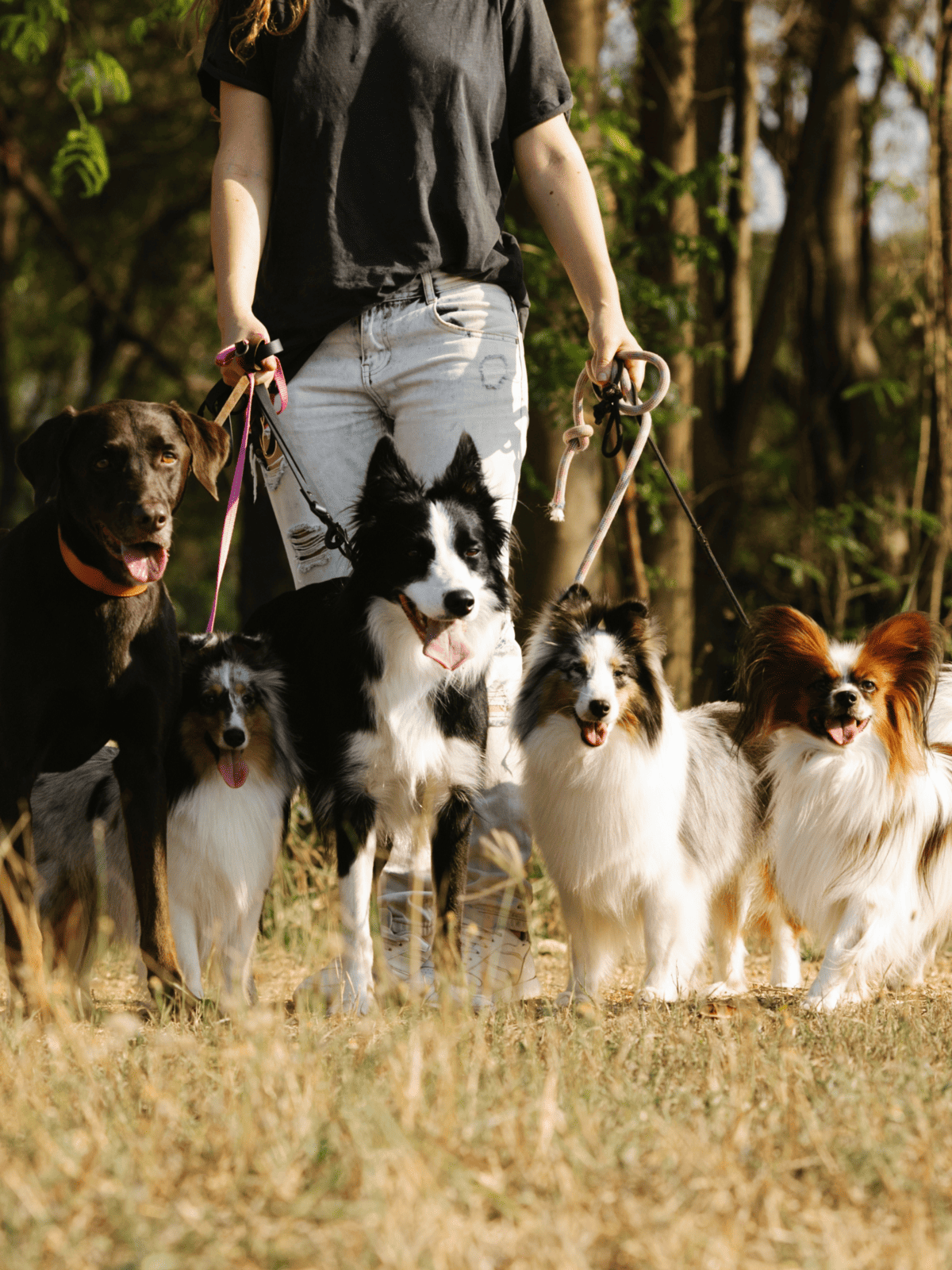
Limit the number of dogs housed together to prevent overcrowding. Create schedules for outside play to avoid large groups. Provide individual spaces for each dog, with dividers if necessary, to maintain personal space and reduce stress.
Common Questions About Kennel Cough in Dogs
Can Humans Catch Kennel Cough?
Kennel cough does not spread to humans. It only affects dogs.
How Long is Kennel Cough Infectious?
Dogs are contagious as long as they are coughing. It is best to keep them away from other dogs for at least two weeks after their last cough.
Can Kennel Cough Be Fatal?
Kennel cough is usually mild. It can become life-threatening if the dog gets pneumonia.
